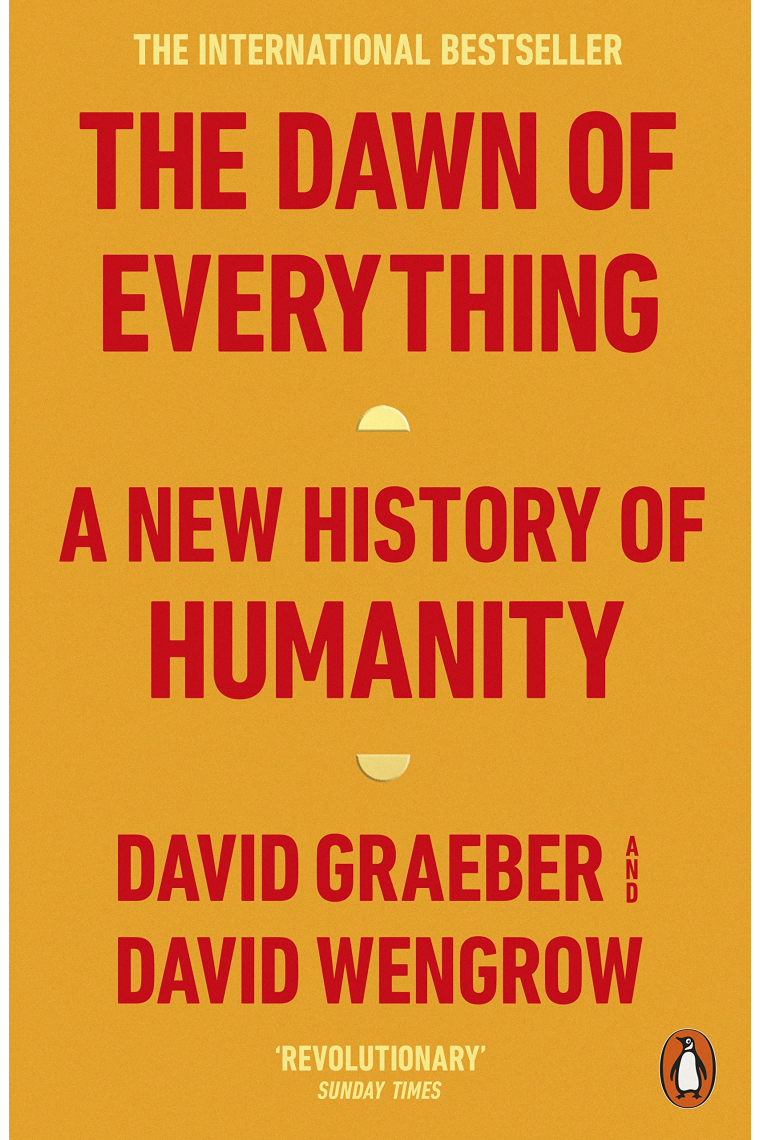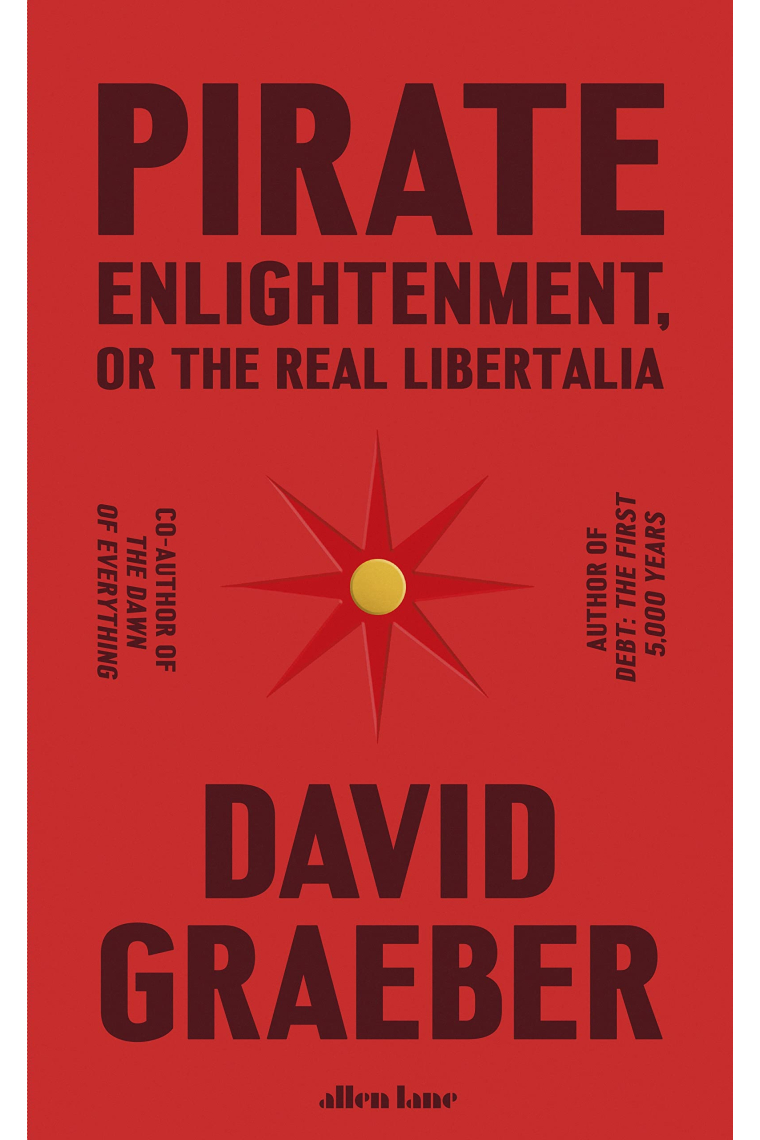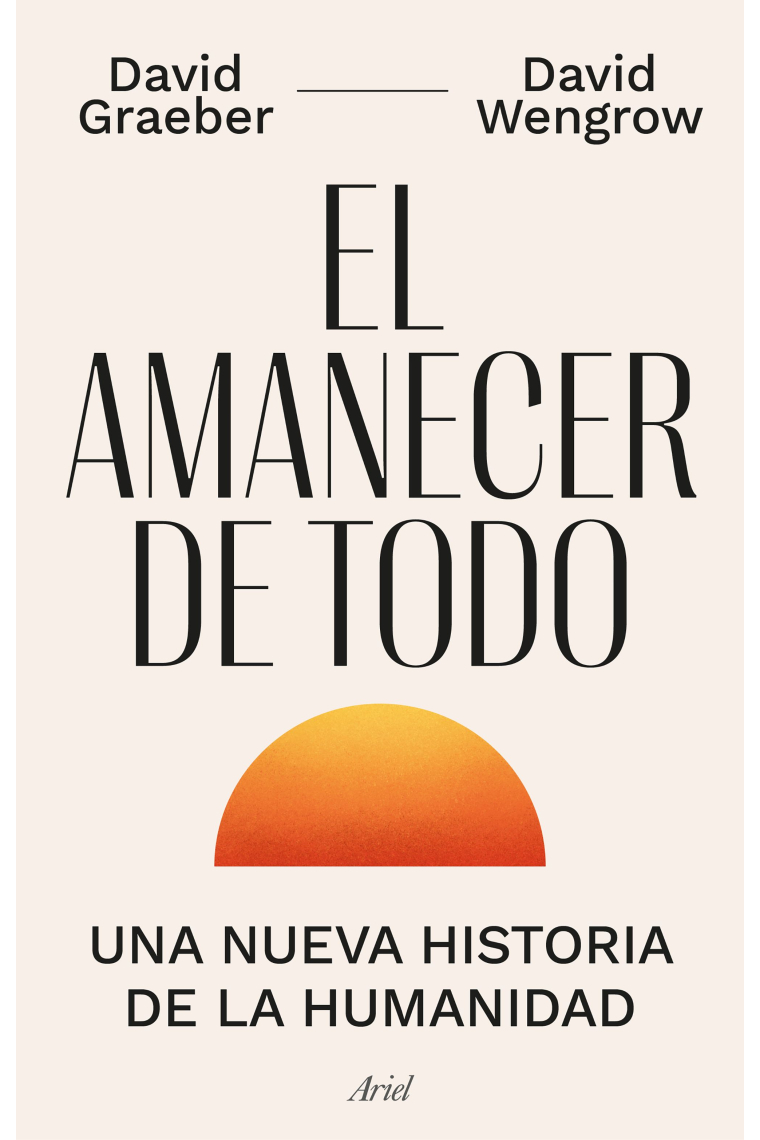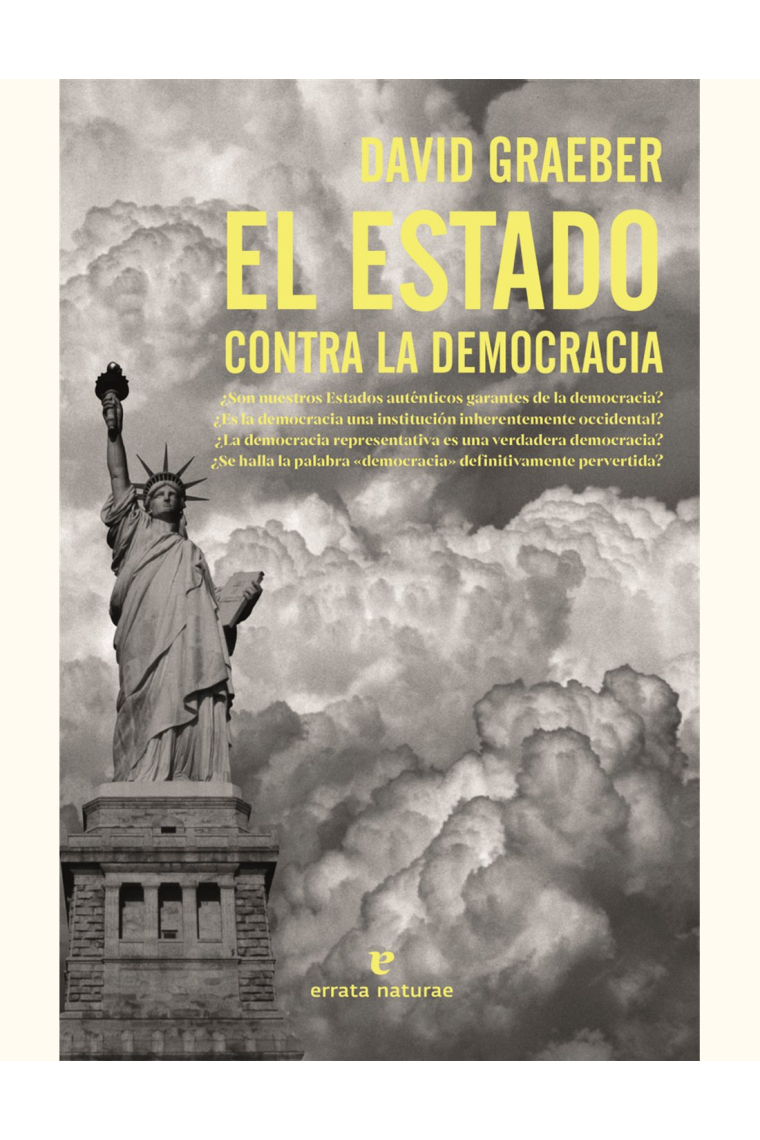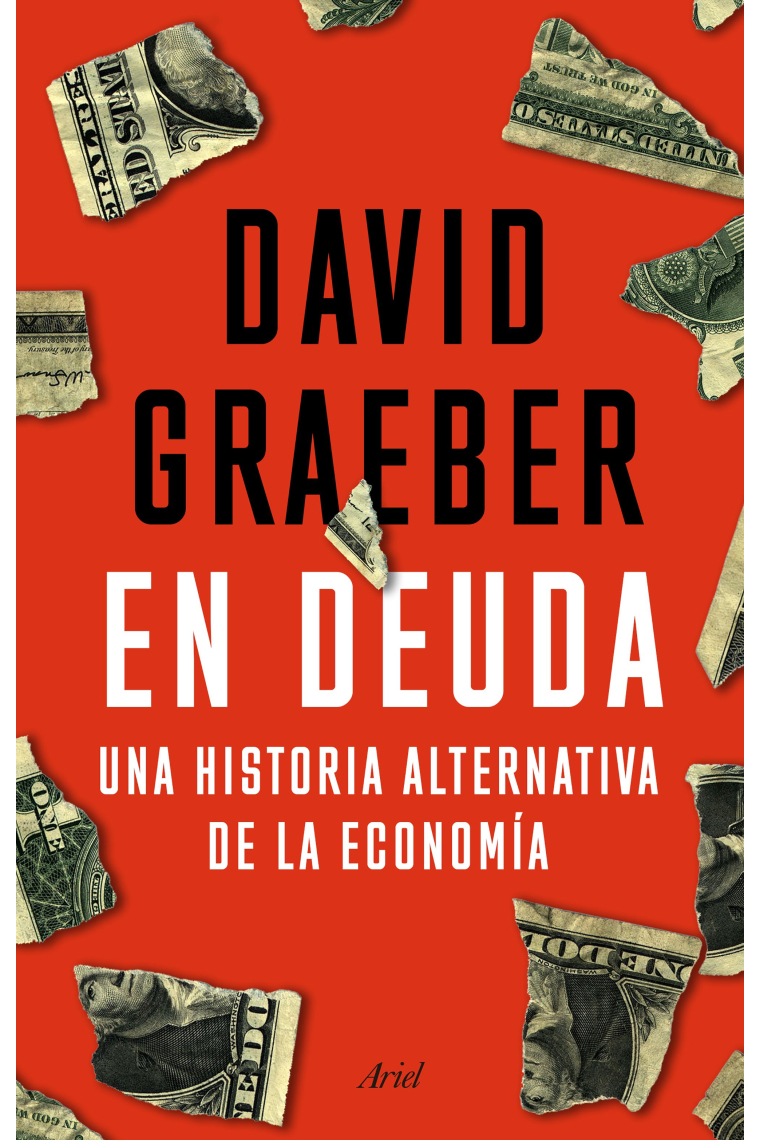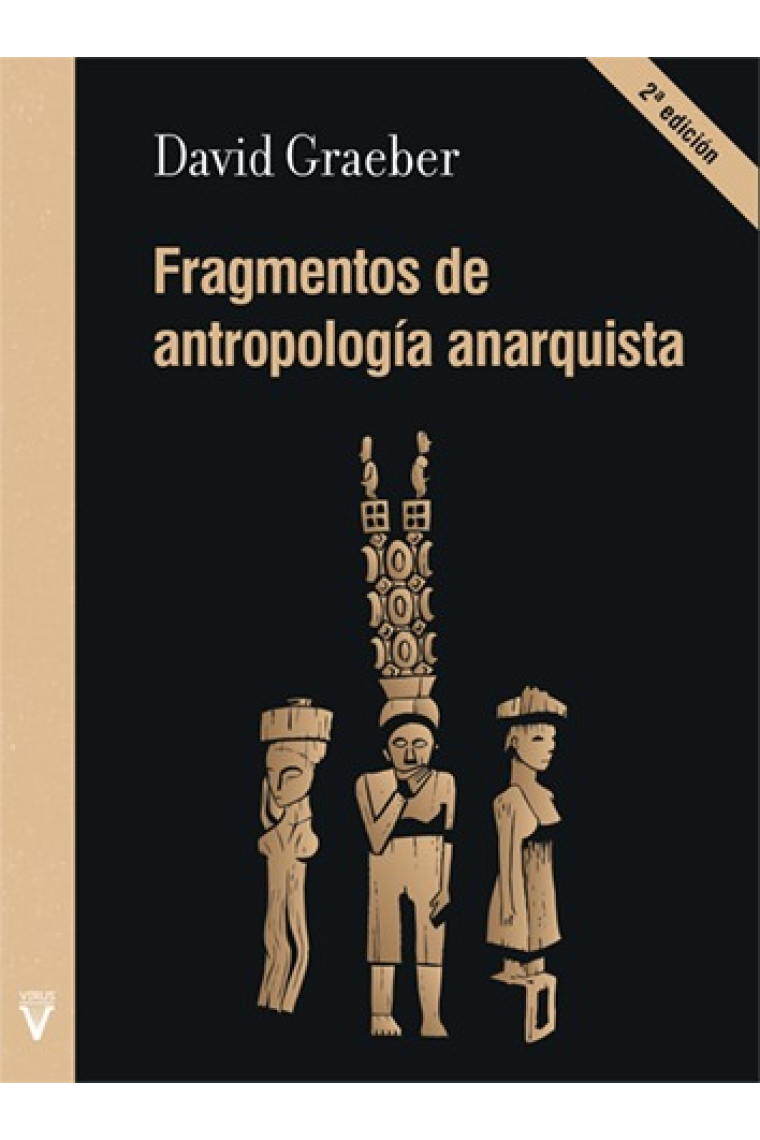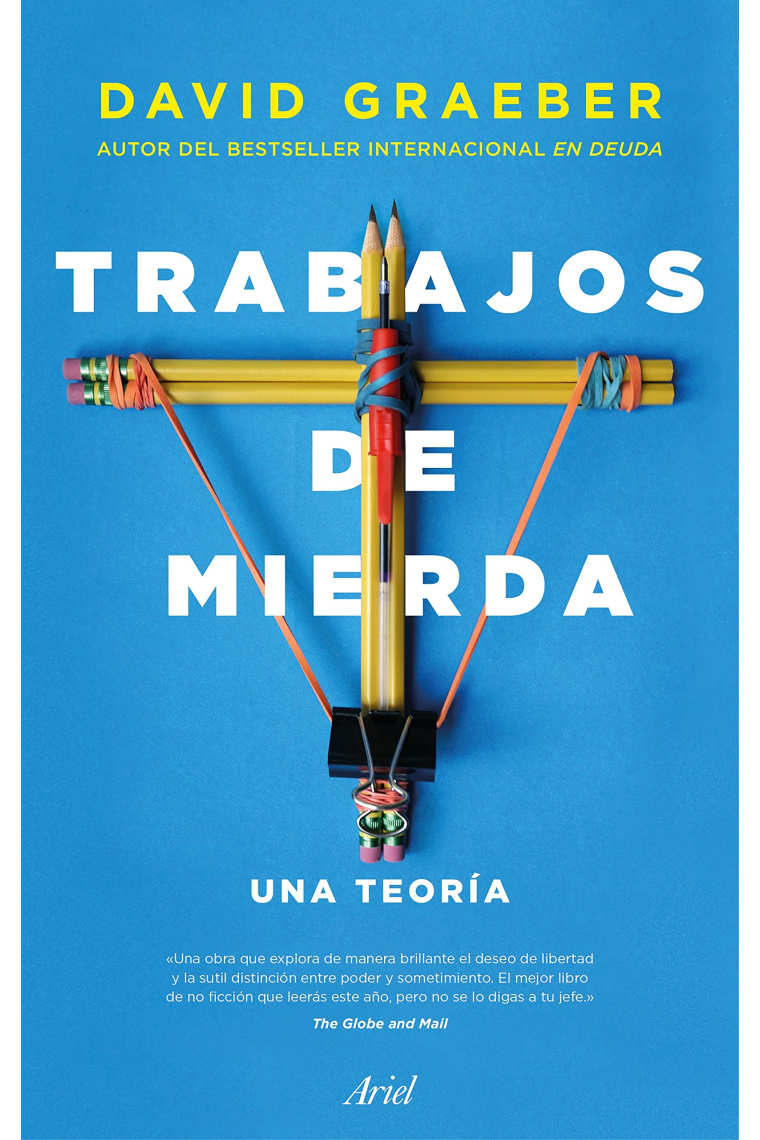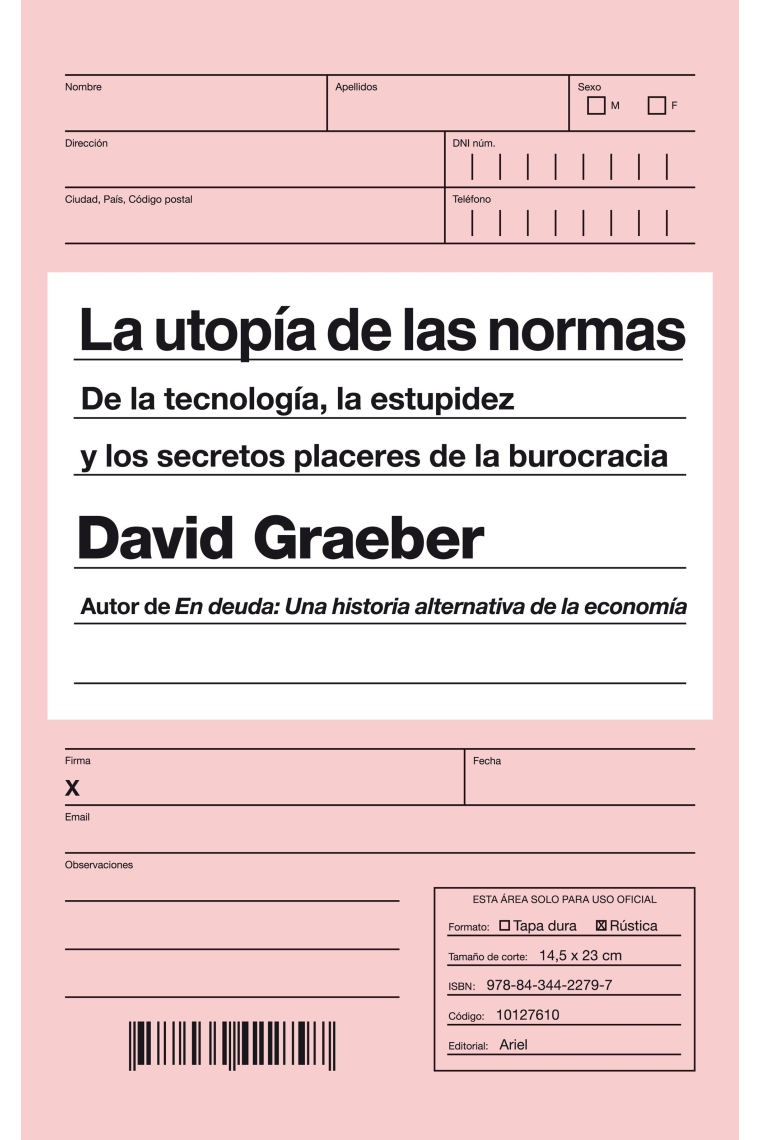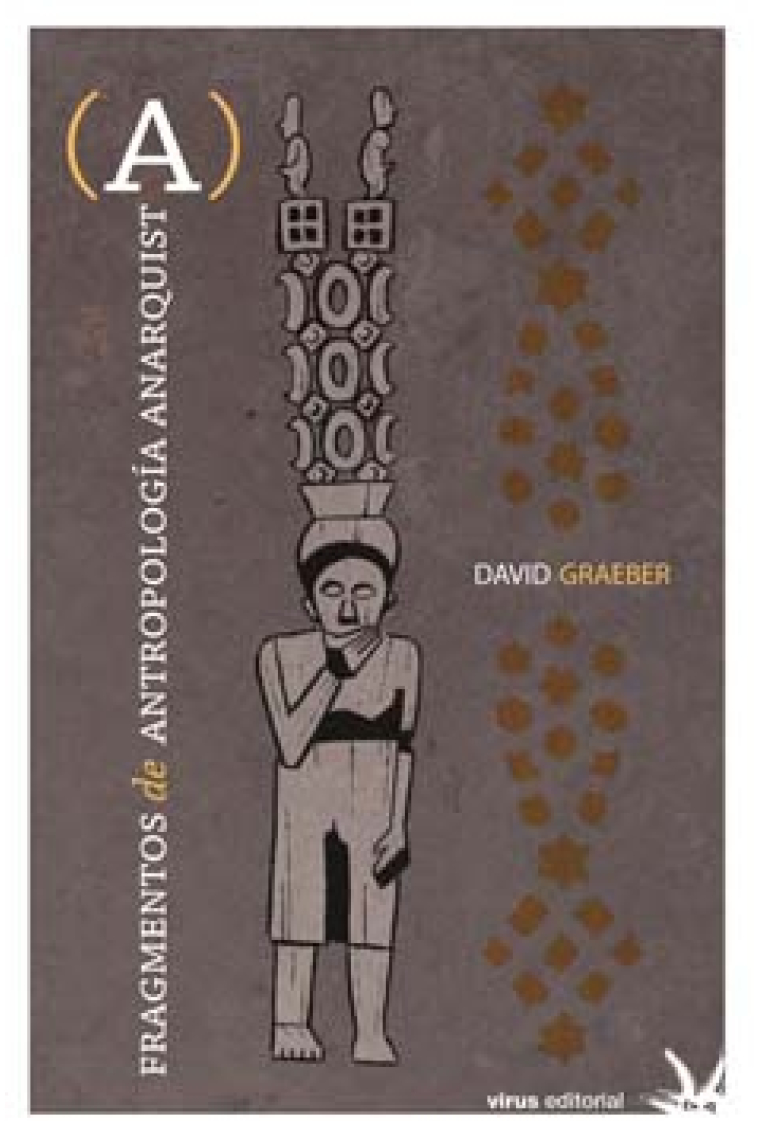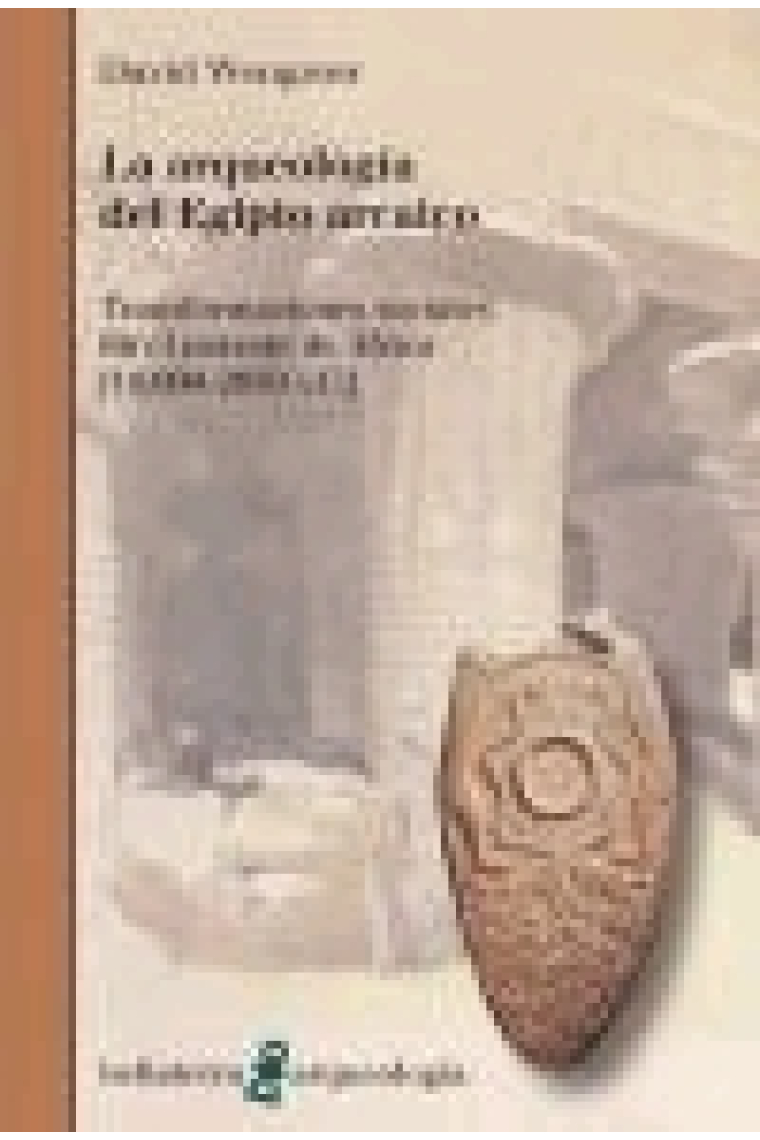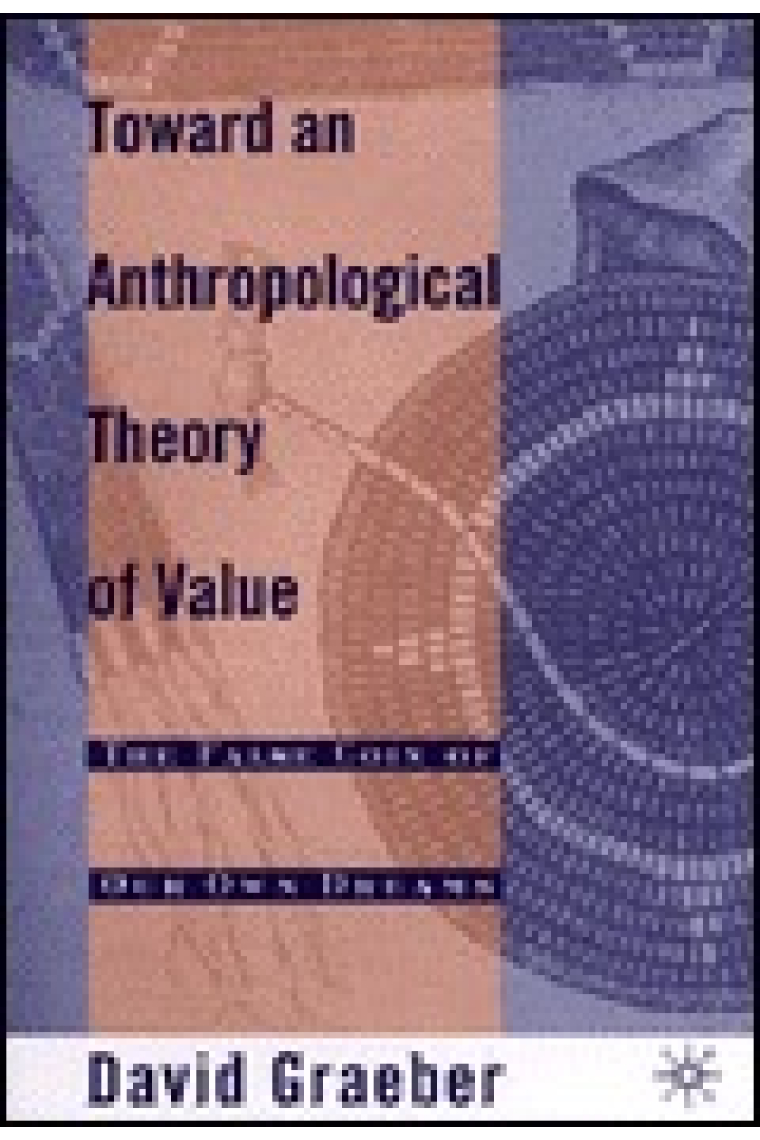Detalles del libro
A boldly ambitious work ... entertaining and thought-provoking ... an impressively large undertaking that succeeds in making us reconsider not just the remote past but also the too-close-to-see present, as well as the common thread that is our shifting and elusive nature. -- Andrew Anthony ? ObserverWhat a gift ... Graeber and Wengrow offer a history of the past 30,000 years that is not only wildly different from anything we're used to, but also far more interesting: textured, surprising, paradoxical, inspiring. -- William Deresiewicz ? The AtlanticIconoclastic and irreverent ... an exhilarating read ... As we seek new, sustainable ways to organise our world, we need to understand the full range of ways our ancestors thought and lived. And we must certainly question conventional versions of our history which we have accepted, unexamined, for far too long. -- David Priestland ? The GuardianPacey and potentially revolutionary ... This is more than an argument about the past, it is about the human condition in the present. -- Bryan Appleyard ? Sunday TimesA fascinating, radical, and playful entry into a seemingly exhaustively well-trodden genre, the grand evolutionary history of humanity. It seeks nothing less than to completely upend the terms on which the Standard Narrative rests ... erudite, compelling, generative, and frequently remarkably funny ... once you start thinking like Graeber and Wengrow, it's difficult to stop. -- Emily M. Kern ? Boston ReviewA spectacular, flashy and ground-breaking retelling of human history, blazing with iconoclastic rebuttals to conventional wisdom. Full of fresh thinking, it's a pleasure to read and offers a bracing challenge on every page. -- Simon Sebag Montefiore ? BBC HistoryA timely, intriguing, original and provocative take on the most recent thirty thousand years of human history ... consistently thought-provoking ... In forcing us to re-examine some of the cosy assumptions about our deep past, Graeber and Wengrow remind us very clearly of the perils of holding ourselves captive to a deterministic vision of human history as we try to shape our future. -- James Suzman ? Literary ReviewAn engrossing series of insights ... They re-inject humanity into our distant forebears, suggesting that our prevailing story about human history - that not much innovation occurred in human societies until the invention of agriculture - is utterly wrong. -- Anthony Doerr ? ObserverFascinating, thought-provoking, groundbreaking. A book that will generate debate for years to come. -- Rutger BregmanThe Dawn of Everything is also the radical revision of everything, liberating us from the familiar stories about humanity's past that are too often deployed to impose limitations on how we imagine humanity's future. Instead they tell us that what human beings are most of all is creative, from the beginning, so that there is no one way we were or should or could be. Another of the powerful currents running through this book is a reclaiming of Indigenous perspectives as a colossal influence on European thought, a valuable contribution to decolonizing global histories. -- Rebecca SolnitSynthesizing much recent scholarship, The Dawn of Everything briskly overthrows old and obsolete assumptions about the past, renews our intellectual and spiritual resources, and reveals, miraculously, the future as open-ended. It is the most bracing book I have read in recent years. -- Pankaj MishraThis is not a book. This is an intellectual feast. There is not a single chapter that does not (playfully) disrupt well seated intellectual beliefs. It is deep, effortlessly iconoclastic, factually rigorous, and pleasurable to read. -- Nassim Nicholas TalebA fascinating inquiry, which leads us to rethink the nature of human capacities, as well as the proudest moments of our own history, and our interactions with and indebtedness to the cultures and forgotten intellectuals of indigenous societies. Challenging and illuminating. -- Noam ChomskyGraeber and Wengrow have effectively overturned everything I ever thought about the history of the world ... The authors don't just debunk the myths, they give a thrilling intellectual history of how they came about, why they persist, and what it all means for the just future we hope to create. The most profound and exciting book I've read in thirty years. -- Robin D.G. Kelley, Gary B. Nash Endowed Chair in U.S. History, UCLA, author of Freedom Dreams: The Black Radical ImaginationScholarly, irreverent, radical and genuinely ground-breaking - my kind of non-fiction. -- Emma Dabiri
Ver más A fascinating, intellectually challenging big book about big ideas.
? KirkusA work of dizzying ambition, one that seeks to rescue stateless societies from the condescension with which they're usually treated ... Our forebears crafted their societies intentionally and intelligently: This is the fundamental, electrifying insight of The Dawn of Everything. It's a book that refuses to dismiss long-ago peoples as corks floating on the waves of prehistory. Instead, it treats them as reflective political thinkers from whom we might learn something. -- Daniel Immerwahr ? The NationNot content with different answers to the great questions of human history, Graeber and Wengrow insist on revolutionizing the very questions we ask. The result: a dazzling, original, and convincing account of the rich, playful, reflective, and experimental symposia that 'pre-modern' indigenous life represents; and a challenging re-writing of the intellectual history of anthropology and archaeology. The Dawn of Everything deserves to become the port of embarkation for virtually all subsequent work on these massive themes. Those who do embark will have, in the two Davids, incomparable navigators. -- James C. Scott, Sterling Professor of Political Science and Anthropology, Yale University, author of Seeing Like a StateGraeber and Wengrow debug cliches about humanity's deep history to open up our thinking about what's possible in the future. There is no more vital or timely project. -- Jaron Lanier David Graeber was a professor of anthropology at the London School of Economics. He is the author of Debt: The First 5,000 Years and Bullshit Jobs: A Theory, and was a contributor to Harper's Magazine, The Guardian, and The Baffler. An iconic thinker and renowned activist, his early efforts helped to make Occupy Wall Street an era-defining movement. He died on 2 September 2020.David Wengrow is a professor of comparative archaeology at the Institute of Archaeology, University College London, and has been a visiting professor at New York University. He is the author of three books, including What Makes Civilization?. Wengrow conducts archaeological fieldwork in various parts of Africa and the Middle East.- Autor/es Graeber, David / Wengrow, David
- ISBN13 9780141991061
- ISBN10 0141991062
- Colección GARDNERS #
- Año de Edición 2022
- Idioma Inglés
The Dawn of Everything: A New History of Humanity
- David Graeber , David Wengrow
- Editorial GRANTA
- ISBN 9780141991061
16,62€
17,50€
-5%
Consulta disponibilidad
16,62€
17,50€
-5%
Consulta disponibilidad
Nuestras libreras pueden consultar su disponibilidad y darte un estimado de cuándo estaría listo. 
 ¡Gracias por comprar en librerías reales!
¡Gracias por comprar en librerías reales!

 Lo mejor de noviembre
Lo mejor de noviembre  Alibri Llibrería, Barcelona
Alibri Llibrería, Barcelona
 Librería Lé, Madrid
Librería Lé, Madrid
 Caselles Llibrería, Lleida
Caselles Llibrería, Lleida
